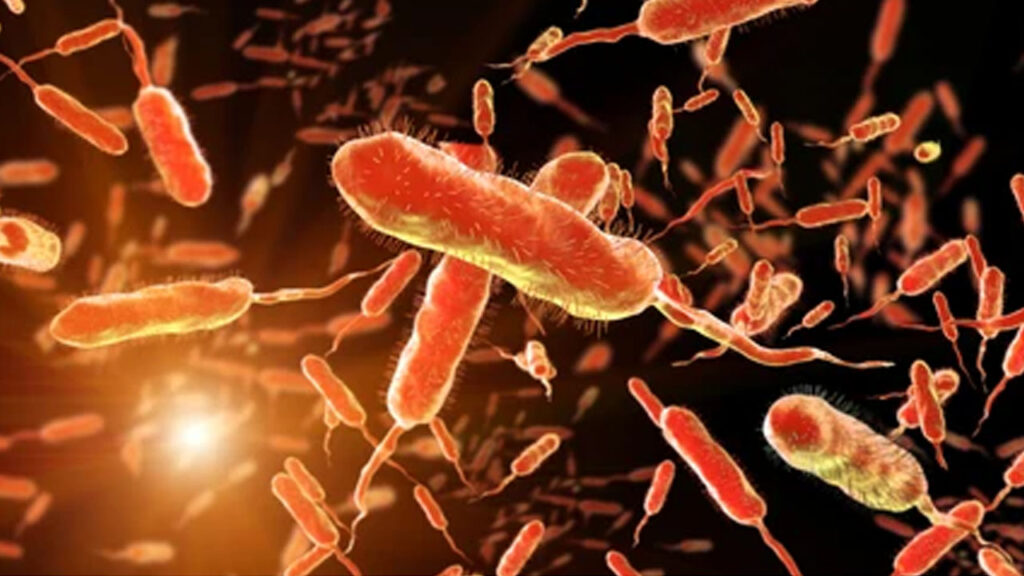MAGNESIUM as we saw last week is the most abundant mineral in the body. It is present in every cell of the body and the bones. In fact, 60% of magnesium in the body is stored in the bones, with the rest in the cells. This important mineral, is involved in almost all cellular functions and this is why a deficiency of magnesium in the body is considered a serious matter.
As serious as this subject is, very little is known about it. It is said that a deficiency of magnesium is involved in almost all diseases. It is a surprising therefore that a diagnosis of magnessium deficiency was not a part of as many diseases as it is now known to be. A lot of diseases that were passed as “cause unknown” are being found to be due to a deficiency of magnesium nowadays.
In writing this article, it is my sincere hope that it would bring knowledge of the importance of magnesium to both patients and practitioners, orthodox, alternative and integrated.
Sufficient magnesium is known to support functions of organs and systems such as the nervous system, the cardiovascular system, the blood and regulation of hormone levels in the body and a lot of others. The hormone that is closely associated with magnesium is DHEA (dehydroepiandrostereone).
Dr C. Norman Shealy (MD, Ph.D. An American neurosurgeon and a pioneer in pain medicine ), stated that deficiency of magnesium is associated with virtually every known disease. Examples are heart disease, diabetes, depression, cardiac arrythmias, atherosclerosis and cancer.
Symptoms of magnesium deficiency
Neurological symptoms: headache, anxiety, depression, confusion, insomnia, loss of memory, hyperactivity, seizures etc.
Musculo-sceletal symptoms:
Twitching and muscular cramps, muscle tightness, fatigue etc.
Other symptoms include diarrhoea or constipation, intestinal problems, tinnitus, hearing loss and vertigo and dizziness.
Benefits of magnesium and diseases associated with magnesium deficiency
Magnesium deficiency is associated with almost every disease, as earlier stated. It will be impossible for me to write about all such diseases. However, mention will be made of some important ones.
Cardiovascular system: Major diseases of the cardiovascular system link to magnessium deficiency are hypertension, atherosclerosis, congestive heart failure, heart attack, stroke, cardiomyopathies and mitral valve prolapse.
The incidence of these diseases is higher when there is magnesium deficiency. There is also the lowering of HDL good cholesterol in magnesium deficiency with an increased tendency towards hardening of the arteries.
Optimal levels of magnesium in the cells and circulation is able to reverse the symptoms and all these diseases. Hypertension is brought to the normal level as the arteries become more elastic. This leads to relaxation of the arteries and vasodilatation. The blood thins out and becomes less viscous as platelet aggregation is inhibited. The heart muscle becomes strengthened and heart muscle contractility is enhanced as more oxygen reaches the heart.
Osteoporosis is not a disease of calcium deficiency alone. Magnesium deficiency is also involved. It helps with the metabolism and absorption of calcium and in the absence of magnesium, there is metabolic imbalance and secondary calcium deficiency and bone loss.
In the endocrine system, magnesium deficiency is closely linked to hormonal imbalance. The hormone DHEA, a precursor of the sex hormones, is one that is most closely connected to magnesium. In fact in most diseases that are linked to magnesium deficiency, DHEA is usually found to be deficient.
According to Dr C. Norman Shealy, low or deficient DHEA levels are present in every disease, with a few exceptions. Diseases of the endocrine system linked to magnesium deficiency are diabetes, hypercholesterolaemia, benign prostatic hypertrophy, premenstrual syndrome, decreased libido and infertility. Magnesium supplementation, which optimizes DHEA levels in circulation, prevents and heals these diseases associated with the deficiency. In such circumstances, there is increase in testosterone levels, which leads to increased libido and better sexual performance.
Generally speaking, other diseases that are linked to magnesium deficiency are depression, sleep disorders, Attention Deficit and Hyperactivity Disorder (ADHD), cirrhosis of the liver, kidney stones, gall bladder stones and infection, chronic bacterial and viral infections, emphysema, chronic bronchitis, chronic fatigue syndrome, cancer etc.










